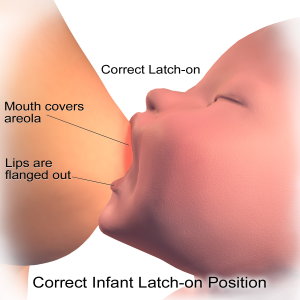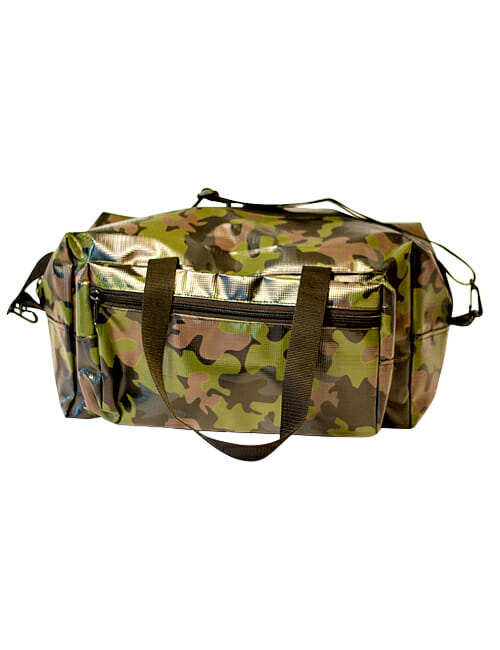Hardly does a week go by without one learning of a maternal death in Nigeria. Today the Nigerian media is awash with the news of a certain Chisom Anekwe, her travails at Magodo Specialist Hospital in Lagos, and her eventual death under completely shocking circumstances; going by the version of the story in circulation. Just like in almost every such case, people come out and recall their experiences from similar encounters with health practitioners who handle human lives with laxity and the question one always asks is "so what did you do?", one almost always gets answers like "nothing oh, at least I was grateful to have survived " or " reporting the doctor or nurse would have made him/her lose her job and I wouldn't want that" bla bla bla.... Answers which leave so much to be desired. A health practitioner's job and someone's life which should rank higher in importance?
It all boils down to our selfishness. It is always me, my children, my loved ones. We hardly think of the next person. Selfishness is the main reason why we are where we are today. What happened to altruism? What happened to saving the next person? Magodo Specialist Hospital probably did what they did because they had gotten away with so many such cases, same with every health practitioner that handles human life with laxity. Though laxity permeates almost every sector of the Nigerian society, not all cases cost human lives.
A woman during childbirth in one of our "prestigious" teaching hospitals was given an episiotomy that cut through her anus and when asked what she did she said, "I was thankful for little mercies and didn't want to push it". You lose someone under questionable circumstances and all you say is " will my action bring back the dead?" or "it is the will of God". What happened to comments like "No one else should be allowed to go through this"?
You may not have the money to seek legal redress but there are authorities you can report to; everyone has a superior even if the superior in question is a regulatory body. Do something let it be that nothing came out of your efforts. Today we are lucky to have the internet and social media, use them. Let your voice be heard. Tell your story. There are media houses that will be very willing to carry the news. Just do something to prevent another occurrence; not just because of yourself but because of the next person. Even if the regulatory bodies end up doing nothing, you would have told the public your story and people would be mindful of such health outfits and experiences. Health and medical practitioners would also be careful because of the consequences and kind of publicity their laxity could generate in the event of the loss of a life. One way or the other, you would have helped save at least one more person from the consequences of doctors' and nurses' carelessness.
Certainly, that hospital in Magodo would never remain the same again, at least not in the nearest future if they survive the current media onslaught. Many other such health outfits will also take precautions. More people now know where not to go to and what not to tolerate.
People get away with so many bad things because we let them to, which led to the vicious circle we find ourselves in today. It happened to Chisom because the victims before her took it in their strides. Who knows who it will be tomorrow? Please let us stop the culture of licking our wounds in good faith and imbibe one of saving the next person. Let us join hands to ensure preventable deaths are prevented.





